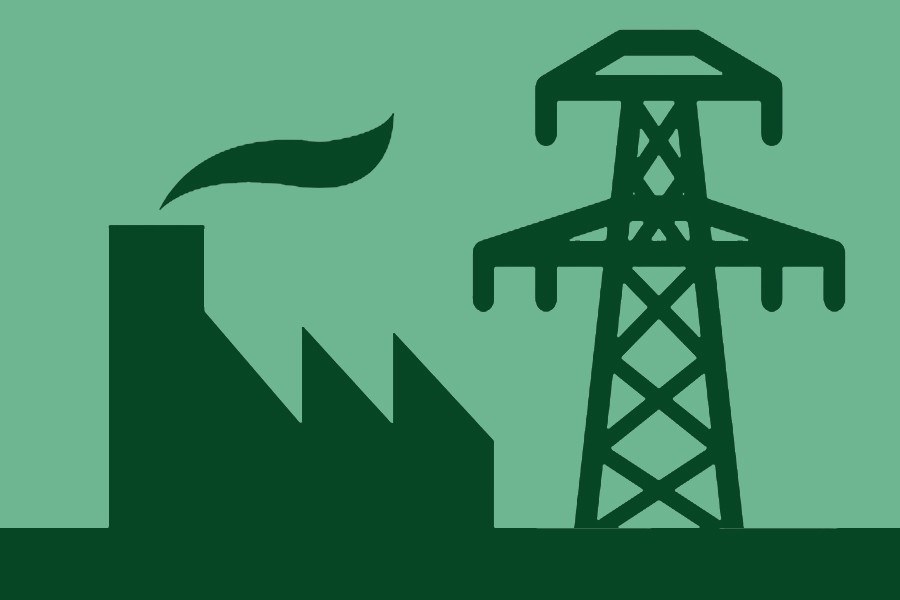The Asian Development Bank (ADB) will provide $350 million in loan and $7.5 million in grant for a project to develop two power lines in support of Bangladesh's national target of electricity for all by 2021.
The government and the ADB signed agreements in this regard on Monday at a ceremony in Dhaka.
Economic Relations Division (ERD) Secretary Kazi Shofiqul Azam and ADB Country Director Manmohan Parkash signed the agreements on behalf of Bangladesh and ADB respectively, reports UNB.
In addition to a $350 million ADB loan, the assistances comprise a $7 million grant from the Japan Fund for the Joint Crediting Mechanism (JFJCM), which will finance new high-technology energy efficient conductors.
Another $500,000 grant from the Republic of Korea e-Asia and Knowledge Partnership Fund (EAKPF) will promote socially inclusive growth with gender equality, according to the ADB.
"Bangladesh's power sector has rapidly grown in recent years, but more investments are needed to meet the rising electricity demand in a fast-growing economy," said Country Director Manmohan Parkash.
The ADB assistance aims to underpin the current impressive pace of growth and development by making power generation, transmission and distribution systems more efficient, reliable, and environmentally friendly, Parkash said.
"The project will promote business expansion, and create employment opportunities for local communities, including poor and socially disadvantaged people in southern and western zones of Bangladesh," Parkash added.
The Southwest Transmission Grid Expansion Project builds on ADB's previous work in the Bangladesh power sector, including the recently approved Rupsha 800 megawatt Combine Cycle Power Plant in Khulna, to address deficiencies in the transmission system through providing more efficient power transfer to the load centers of the southern and western zones.
The project will develop a 126-km long 230 kilovolt (kV) transmission line from Barishal to Faridpur; and a 104-km long 400kV transmission line from Bagura to Rohanpur, along with substations, transformers, and associated extensions and connections.
The new transmission lines will introduce to Bangladesh a new type of high temperature conductor to allow more power transfer at lower energy losses.
These have less resistance to power flow, higher power transferring capacity, and operate more reliably in tropical weather. In addition, the use of these conductors also helps minimise right-of-way requirements.
The project is also contributing to climate change mitigation, since the new conductors reduce carbon dioxide emissions compared to conventional transmission conductors that are used in Bangladesh, said the ADB.
This climate change mitigation accounts for $93 million of the investment, comprising $86 million from the ADB loan and $7 million from the JFJCM grant.
Under the EAKPF grant, the project will enhance capacity, particularly emphasising inclusive development and gender equality, through a university programme relevant to the energy sector, supporting 50 university students, of which at least 40 per cent are women; and 30 staff from Power Grid Company of Bangladesh Limited, of which at least 30 per cent are women.
The project is due for completion in June 2023.


